Treating raised bed for ants
aclum
15 years ago
Related Stories

FARM YOUR YARDHow to Build a Raised Bed for Your Veggies and Plants
Whether you’re farming your parking strip or beautifying your backyard, a planting box you make yourself can come in mighty handy
Full Story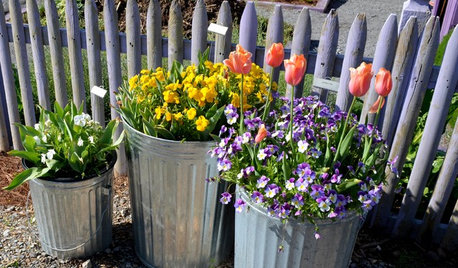
EDIBLE GARDENSSee How a Practical Garden Can Be a Visual Treat, Too
A university edible garden overflows with ideas for growing produce and flowers in containers, beds — or a pickup truck
Full Story
ORANGETreat Your Rooms to Pumpkin Pie Orange
Stir some pumpkin colors into your interiors for design deliciousness that lasts well beyond Thanksgiving
Full Story
GARDENING AND LANDSCAPINGBuild a Raised Bed to Elevate Your Garden
A bounty of homegrown vegetables is easier than you think with a DIY raised garden bed to house just the right mix of soils
Full Story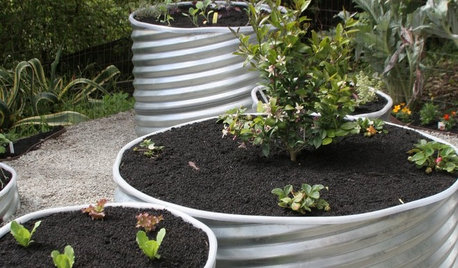
GARDENING GUIDES8 Materials for Raised Garden Beds
Get the dirt on classic and new options for raised vegetable and plant beds, to get the most from your year-round garden
Full Story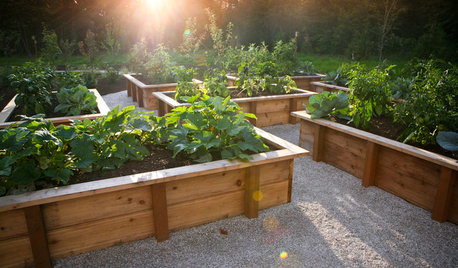
GARDENING AND LANDSCAPINGRaised Beds Lift Any Garden
From good old-fashioned wood garden boxes to modern metal troughs, raised beds can make any landscape space look great
Full Story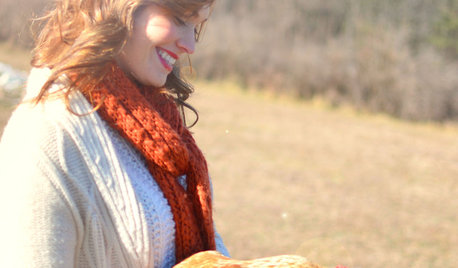
GARDENING AND LANDSCAPINGRaise Backyard Chickens Without Ruffling Neighbors' Feathers
Before you build a coop in the backyard, follow these strategies to help keep your neighbors from squawking
Full Story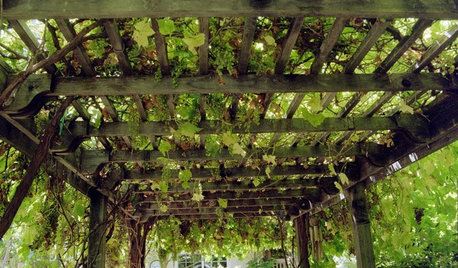
GARDENING AND LANDSCAPINGVertical Gardens Raise the Limits for Landscapes
Turn a small garden space into a towering success with an upward-bound collection of edible delights
Full Story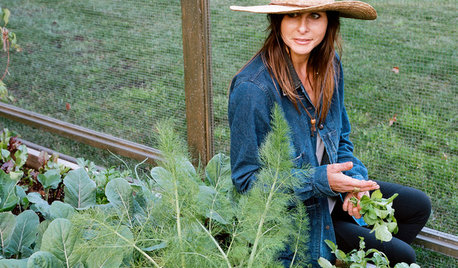
FARM YOUR YARDAdvice on Canyon Farming From L.A.'s Vegetable Whisperer
See how a screened garden house and raised beds help an edible garden in a Los Angeles canyon thrive
Full Story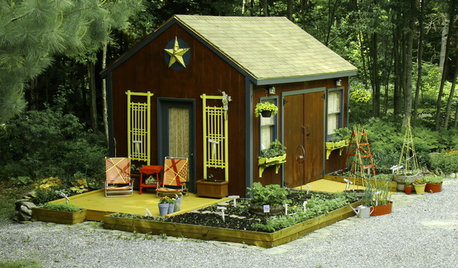
GARDENING AND LANDSCAPINGDig This Garden Shed Makeover for Less Than $300
New paint, accessories and raised vegetable beds turn a drab outpost into a colorful charmer
Full Story







rhizo_1 (North AL) zone 7
money_man
Related Professionals
Comstock Park Landscape Architects & Landscape Designers · Cottonwood Landscape Architects & Landscape Designers · La Marque Landscape Architects & Landscape Designers · Surprise Landscape Contractors · Cockeysville Landscape Contractors · Glendale Heights Landscape Contractors · Homewood Landscape Contractors · Aventura Decks, Patios & Outdoor Enclosures · Bloomington Decks, Patios & Outdoor Enclosures · Des Moines Decks, Patios & Outdoor Enclosures · Grafton Decks, Patios & Outdoor Enclosures · Kalamazoo Decks, Patios & Outdoor Enclosures · Pittsburgh Decks, Patios & Outdoor Enclosures · Southampton Decks, Patios & Outdoor Enclosures · Waukesha Decks, Patios & Outdoor EnclosuresaclumOriginal Author
chrisd_fl
tclynx
joyful_garden